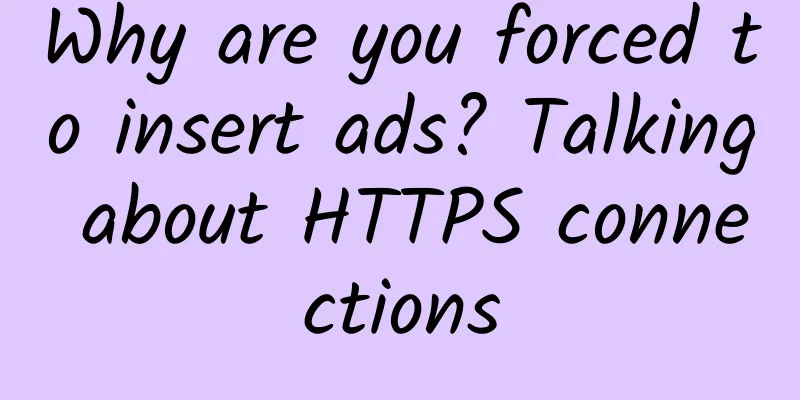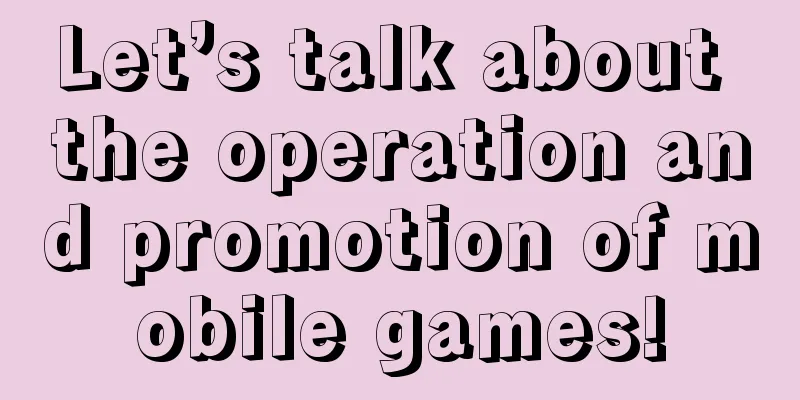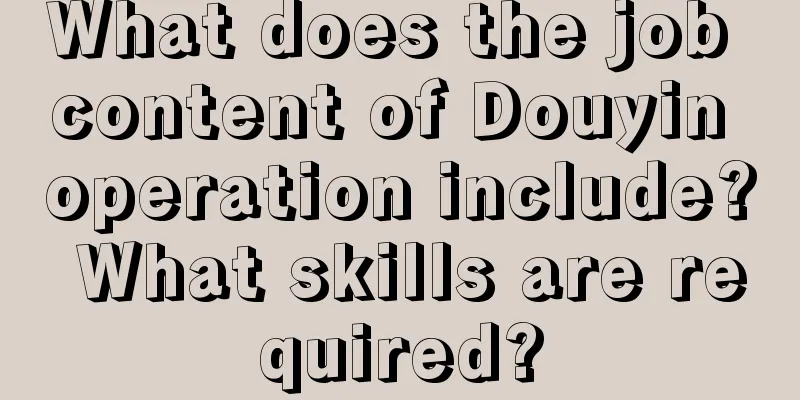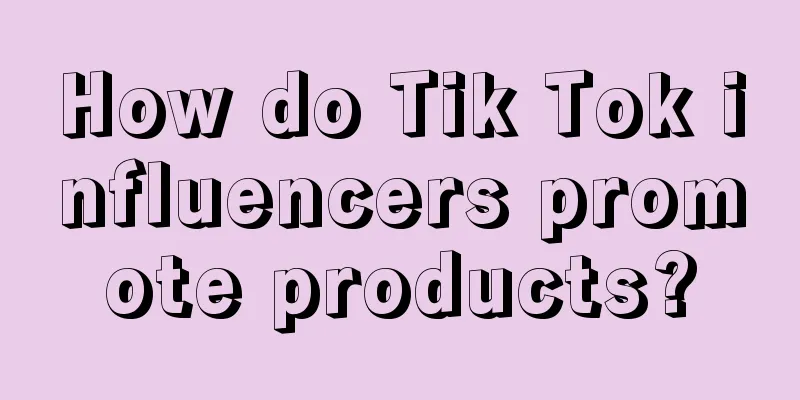If Facebook becomes like WeChat, Apple will be its strongest rival
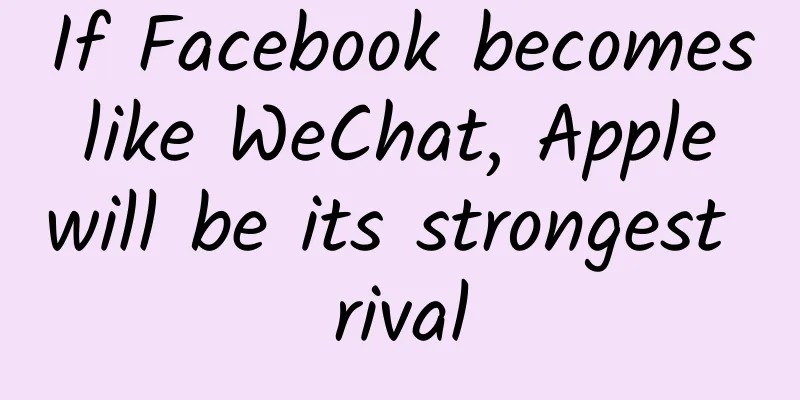
|
Zuckerberg and his Facebook don't want to remain passive any longer. Over the past year, Facebook has experienced more than one data leak disaster. The company's founder and CEO Zuckerberg attended congressional hearings several times. The stock price has also been like a roller coaster ride, falling from a high of $210 to a low of $120, and then gradually climbing to the current $170. As a social network facing the whole world, most of the problems faced by Facebook are inseparable from the word "privacy". Hundreds of millions of users have actively uploaded a large amount of private content closely related to their personal lives. This data has extraordinary value. It is Facebook's responsibility to properly keep this data and ensure its security. More importantly, society needs to ensure that Facebook's own mining of these private data will not cross a certain "red line". The current Facebook cannot guarantee these two points. "Plaza" and "Private Residence" On March 6, local time in the United States, Mark Zuckerberg published a blog post stating that he would lead the entire Facebook transformation and change the core attribute of social media from "public" to "private." 15 years ago, Zuckerberg founded Facebook to make it easier for Harvard students to get to know each other. This is a social network with a strong "public" attribute. Users edit their profiles and create their "public image" by posting pictures and texts, and then use this image to get to know others. Facebook has ushered in the era of social media where "everyone creates and publishes content on the Internet." Before Facebook, the Internet was inherently "public," like a giant "library," and most servers stored information of a certain "knowledge nature." Even in the multimedia era, building websites is no longer a rare thing, but because of the scarcity of servers and network resources, most people still build websites for the purpose of "providing information." Facebook changed this, and people began to use mobile phones and the Internet to simply record their lives. Zuckerberg's blog post on Facebook The traditional Internet is a public space. As people's activities on the Internet become more and more private, it naturally needs to change. Zuckerberg said that Facebook will create a securely encrypted private social network that guarantees user privacy by integrating Instagram, WhatsApp and Messenger. Facebook will "transform from a digital public square to a digital living room", and all communication will become more private and more immediate. For Facebook, which has 2.7 billion users, this is indeed reasonable. Putting 2.7 billion people in a large public square will give rise to a series of collective problems, whether social or political, or even national security issues. Snap CEO Evan Spiegel once hinted that because Facebook users share news publicly, the speed at which negative content spreads becomes much faster than the speed at which positive content spreads. More and more people are "living" on the Internet through social media, making the Internet world begin to become more and more like the real world. The real world has clear "public places" and "private spheres", a complete set of cultures and customs, and different environments correspond to different behaviors. The Internet has spent more than 30 years to build a complete public space, and now it needs to evolve a more complete private sphere. Private World A big question facing Facebook in this transformation is how to define "private"? In the real world, people have an intuitive perception of "privacy". Conversations in a confined space are private, whispers are private, private files cannot be restored if thrown into a shredder twice, and cannot be seen if blacked out with a marker. But on the Internet, all data is virtual, and users who do not understand technology cannot be sure whether their conversations are truly private, nor can they be sure whether the data has been deleted. When it comes to privacy, Facebook may be the company with the worst reputation in Silicon Valley. It has been questioned by the public and punished by the government for various privacy and data security issues. Just two months ago, Facebook's developer license was revoked by Apple, a friendly company, because of privacy issues. How do we define "privacy" on the Internet? Zuckerberg emphasized six points in his blog post. Among them, "encryption", "security" and "data storage" are all commonplace issues in the industry and areas where Facebook has a bad record. In addition to these, Facebook also needs to encourage private communication through the design of product functions; reduce the "permanence" of data, and give users more rights to "be forgotten". Even if Facebook can complete the construction of these privacy mechanisms with quality and quantity, such a new "private world" will still bring many new problems and challenges. Facebook's current advertising business model will be hit hard; private product mechanisms can not only protect normal users, but also provide protection for bad guys... If Facebook is really determined enough to promote this transformation, there will be countless difficulties and contradictions that it needs to solve in the future. Learn from WeChat and declare war on Apple American technology media SLATE believes that the future of Facebook described by Zuckerberg has many similarities with WeChat. Through a large platform or even an app, Facebook wants to solve all needs related to "life" in one stop. WeChat's success in China has shown Facebook a clear path: as long as it can become the most important infrastructure of the "private Internet", it does not have to worry about the question of "how to make a profit". Among them, "instant messaging" is the most important core demand. When users are used to using Facebook to communicate with each other, all subsequent services will become natural. From this perspective, Facebook's biggest enemy in the future will no longer be Snapchat or YouTube, but Apple. Zuckerberg publicly stated in October last year that Facebook's strongest competitor is actually Apple's iMessage. In the United States, the market share of iPhone is increasing year by year, and the market position of iMessage, which is bundled with the "text message" function, has also risen steadily. More and more Apple users use iMessage to communicate, which has become Zuckerberg's biggest concern. And this strategic adjustment to "instant messaging" is equivalent to Facebook's official declaration of war on iMessage. At the same time, WeChat is probably Apple's biggest concern in China. All services rely on WeChat's industry ecosystem, which has dramatically narrowed the functional experience gap between iOS and Android. If Facebook tries to become the new WeChat, integrating more and more services into its own ecosystem and becoming the "operating system" for social interaction and life for users around the world, Apple will face greater pressure. After the transformation to "private", Facebook's data business will face many challenges Of course, the Internet environment in the United States is much more open than that in China, and various open product mechanisms and open interfaces have become industry standards. For example, Twitter has been trying to tighten its extremely open platform policy for many years, but has been facing resistance from users. It is not easy for Facebook to completely turn its platform into a closed garden like WeChat. In the movie "The Social Network" about the story of Facebook's entrepreneurship, Sean Parker, then chairman of Facebook's board of directors, said: "We lived on farms and then we lived in cities and now we are going to live on the internet!" Facebook's mission and task is to provide the technical and product foundation for this "Internet life". When the current product mechanism has loopholes and is criticized by public opinion and regulators, it needs to transform itself. In line with the principle of "all technology serves demand", Zuckerberg is even considering using blockchain technology to complete Facebook's "private transformation". In the face of the goal of creating an "online private living room" for users, everything has just begun. |
<<: iOS 12 has these hidden tricks? It’s worth buying an iPhone now!
>>: Hey, Facebook is going to "copy" WeChat?
Recommend
Optimization method for Toutiao information flow advertising
Toutiao advertising optimization (taking games as...
Hunter e-commerce: Hang up the data, only one mobile phone can make a monthly profit of 100,000+ (internal play method) worth 4988 yuan
Hunter e-commerce: Hang up the machine to run the...
All 300+ hot spots in 2017 are here. Don’t tell me you can’t keep up with the hot spots!丨
It's the end of the year again. Advertising an...
The fifth issue of the Aiti Tribe live broadcast class: How to use the Jiegou SDK to instantly build a real-time voice and video APP
Online video live streaming has existed for a lon...
How to make a WeChat red envelope cover? WeChat Red Packet Cover Making Tutorial
How to make a WeChat red envelope cover? Tutorial...
H5 marketing hot spots in January 2020
In the blink of an eye, today is already the thir...
As the app dividend fades, will female players support the second half of Internet traffic?
Although Liang Yongan, associate professor of the...
After Apple and Samsung's high-end phones were "cold"
The recent financial reports of Apple and Samsung...
What should I do if oCPC matching words are very messy? | SEM Q&A
There are many difficult problems in bidding and ...
Shopee cross-border e-commerce course_Practitioner Education College
I don’t know how big the gap is between Shopee’s ...
2021 WeChat Private Domain Growth Handbook for Enterprises
2021 is worth looking forward to for everyone. We...
8 combinations of targeted information flow promotion methods, available for testing!
Many people don’t know how to set up the targetin...
App opening screen ads have a new "shake" trick: suspected of infringing on consumers' right to choose independently
Have you ever found that when you open some apps,...
Experts among the people: Cortana ported to the Android platform
Microsoft's digital personal assistant Cortan...
iOS channel first release rules and contact list
91 Assistant 1. First Release Form During the ini...


